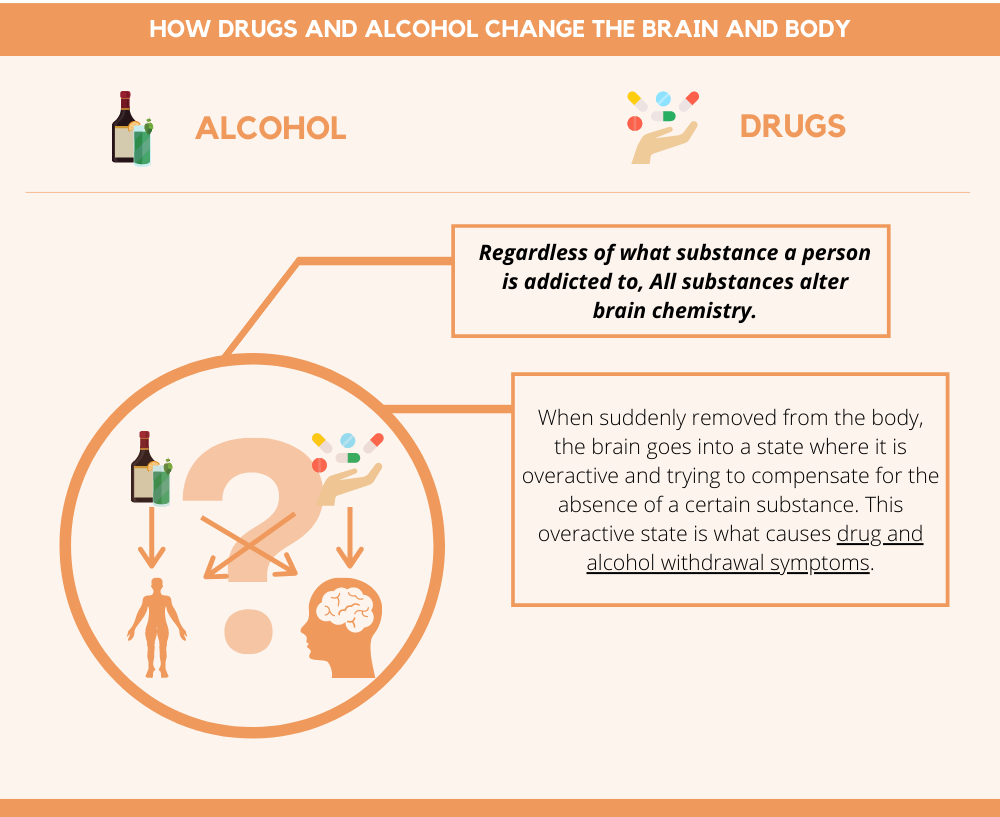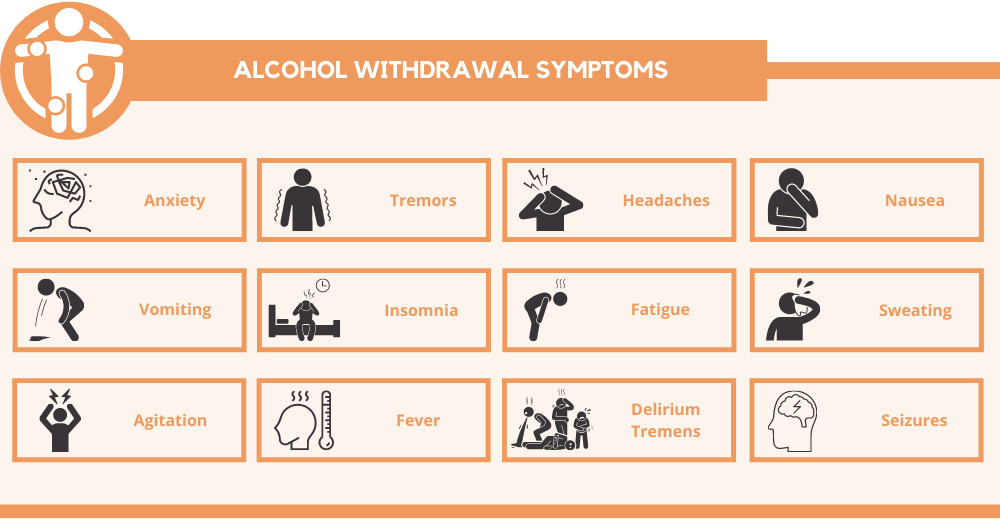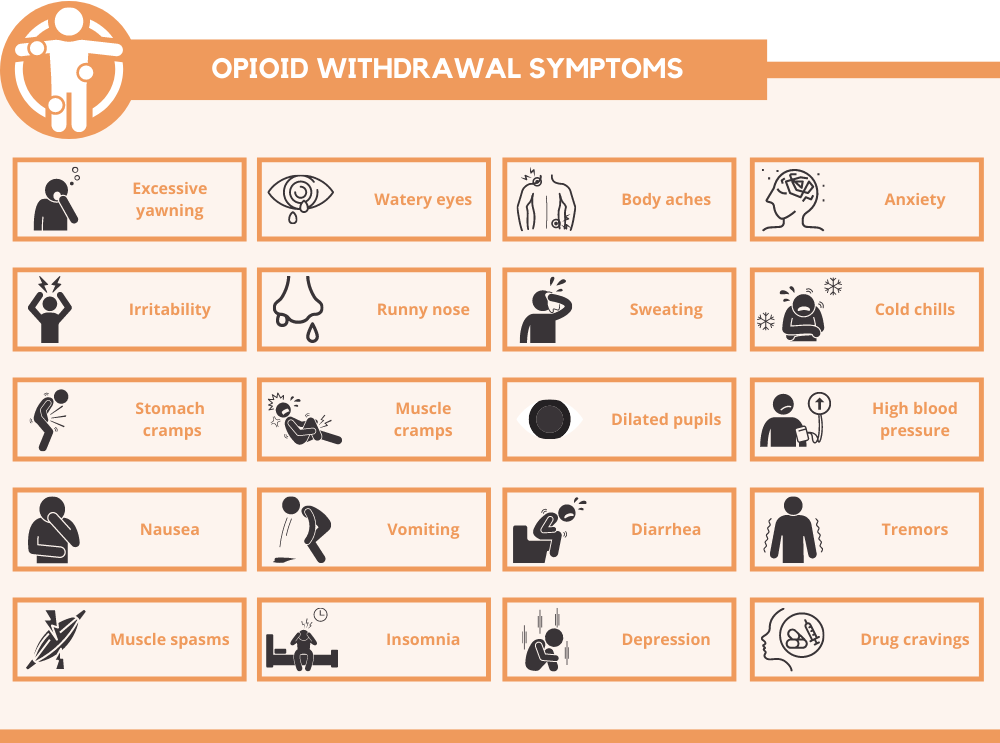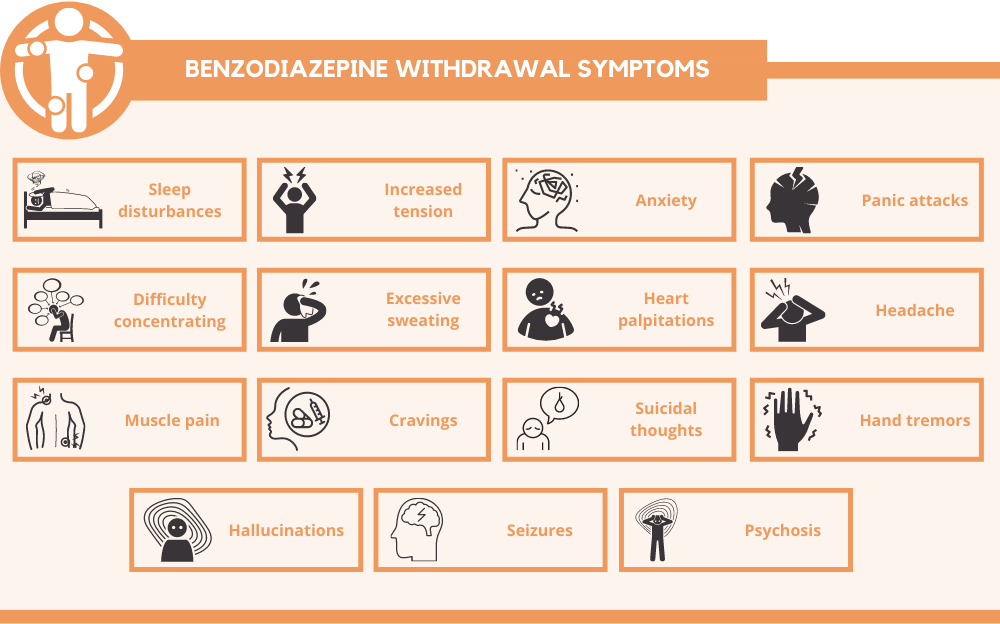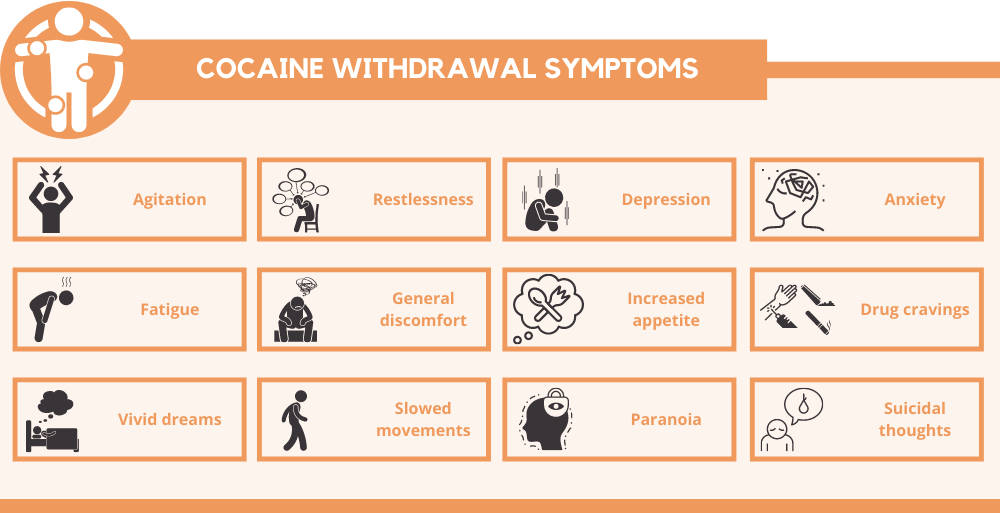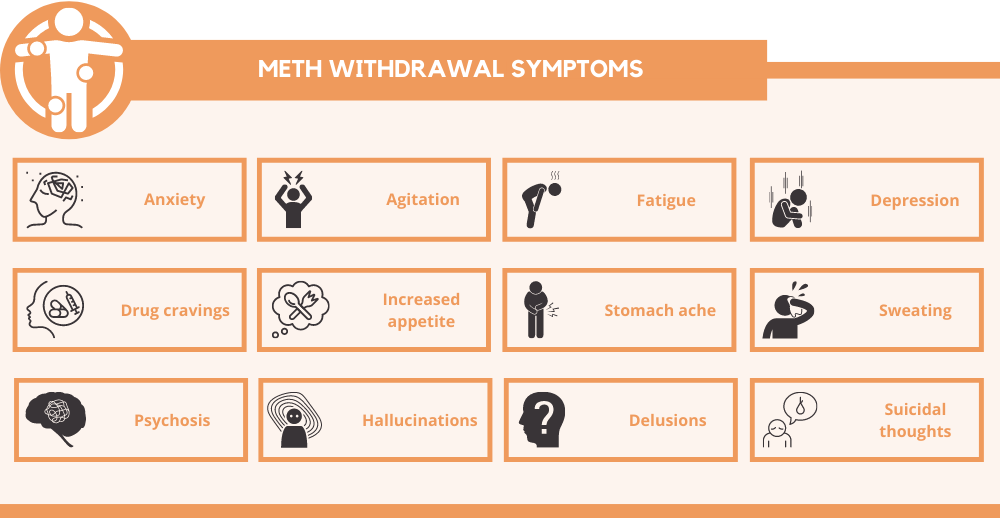Detox is a necessary part of the recovery process. This is when individuals with substance use disorder allow drugs and alcohol to leave their system. Although detoxification is an entirely natural process, drug and alcohol detox is accompanied by uncomfortable, and sometimes potentially fatal, withdrawal symptoms.
Medical detox focuses on the physical aspect of a person’s addiction. By clearing the body of substances and helping patients recover from withdrawal, they are able to better focus on their personal recovery during treatment. It’s important that individuals do not leave detox too early because leaving before they are ready can increase the risk of relapse. At the same time, spending too much time in detox can take time away from much-needed therapeutic services.
The amount of time people spend in detox depends on multiple factors, such as how long they have been addicted, what kind of substance they are detoxing from, and how severe their withdrawal symptoms become. As a result, how long detox lasts varies from one person to the next.
In general, most patients spend between 7 and 10 days at a medically supervised detox center before moving on to rehab.
A Quick Look at the Detox Process
Detox is the first step in recovery. It takes place before rehab starts and as soon as a person is ready to commit to getting sober. During detox, patients are monitored and treated by medical professionals. Doctors and nurses can administer medication, vitamins, and supplements while providing supportive care to help restore balance in the body.
Medical detox consists of three stages: intake and evaluation, medical stabilization, and treatment planning. Intake and evaluation are when the medical team conducts an initial assessment of a patient to determine the best treatment protocols. Then, patients are monitored around the clock as they detox. Before leaving detox, patients meet with a counselor to discuss treatment options so they have a plan in place for continued recovery.
How Drugs and Alcohol Change the Brain and Body
One primary variable that determines how long detox lasts is the substance the individual is detoxing from. All drugs affect the body in different ways, so the length of time people should stay in detox can vary greatly.
Regardless of what substance a person is addicted to, all substances alter brain chemistry. When suddenly removed from the body, the brain goes into a state where it is overactive and trying to compensate for the absence of a certain substance. This overactive state is what causes drug and alcohol withdrawal symptoms.
The medical staff at detox centers are trained to provide support and life-saving medical care to people who are detoxing from drugs and alcohol. They can administer medications to help reduce symptoms like nausea, vomiting, diarrhea, insomnia, aches, pains, and more. The exact treatments provided also depend highly on which substance a person is detoxing from.
Alcohol Detox Timeline
Alcohol withdrawal is serious and sometimes fatal. People who are detoxing from alcohol may experience seizures, heart problems, or delirium tremens (DTs).
Early symptoms of withdrawal begin 6-12 hours after a person takes their last drink. However, more serious symptoms may not appear for 5-7 days. While benzodiazepines can be prescribed to lessen the severity of withdrawal, people who are detoxing from alcohol should never do so without professional help.
Depending on how serious a person’s alcoholism is, alcohol detox can take anywhere from 3-4 days to up to 2 weeks. After 14 days, most moderate and severe symptoms should subside.[1]
Opioid Detox Timeline
There are many different types of opioids, some of which last longer than others. Short-acting opioids, like heroin and hydrocodone, can produce withdrawal symptoms just hours after the last dose wears off. Other longer-acting opioids, such as the fentanyl patch, methadone, and morphine may not produce symptoms of withdrawal until 24 hours after the last dose.
The most severe symptoms of opioid withdrawal occur between days 2 and 4. After day 5, the more serious symptoms begin to subside, and most acute symptoms go away after one week. However, opioids can cause post-acute withdrawal syndrome (PAWS), a condition that can last for several months. As a result, people who are detoxing from opioids should stay in detox for 3-5 days and attend a comprehensive treatment program afterward.
Opioid withdrawal symptoms are generally not life-threatening and can be managed with opioid replacement medications like Suboxone or Methadone.[2]
Benzodiazepine Detox Timeline
Benzodiazepine withdrawal, like alcohol withdrawal, can be deadly without medical assistance. Detox from benzodiazepines is usually addressed with a gradual taper that slowly reduces a person’s dose.
Depending on which benzodiazepine was abused, withdrawal symptoms begin within the first 6 to 24 hours and can last for several weeks. Unfortunately, benzodiazepine withdrawal can be a long, drawn-out process. Many people spend 1-2 weeks in a detox center if they are addicted to benzodiazepines.[3]
Benzodiazepines can also cause PAWS which is best managed with a long-term treatment program.
Cocaine Detox Timeline
Cocaine withdrawal can last up to 10 weeks, but acute symptoms usually begin improving after one week. The most worrisome symptoms of cocaine withdrawal are psychological and involve depression, irritability, paranoia, and suicidal thoughts.[4] Parents may only spend 1-2 days in medical detox for cocaine before moving on to a more comprehensive treatment program that can address these psychological symptoms.
Meth Detox Timeline
Methamphetamine, also known as meth or crystal meth, is a long-acting stimulant drug. Some users, depending on the dose consumed and the potency, may not experience withdrawal symptoms for up to 3 days after their last dose.
Generally, days 3-10 are the most intense, consisting of symptoms like hallucinations, paranoia, and anxiety. Patients who are addicted to meth can expect to spend 5-7 days in detox before moving on to rehab.[5]
Factors That Influence How Long Detox Lasts
The length of time people spend in detox depends not only on the type of drug they are addicted to but also on several individual factors. These include:
- How long the person has been abusing the substance
- How long it has been since the last time the person consumed the substance
- The method of administration (snorting, shooting, swallowing, smoking, etc.)
- Which drug(s) the person is detoxing from
- Whether or not individual substances were involved
- Previous experiences with drug and alcohol withdrawal
- Medical history and health conditions
- Mental health history and medications
All of this information is gathered at the beginning of the detox process so medical professionals can best serve their patients.
Find a Drug and Alcohol Detox Center in West Palm Beach Today
Here at Mandala Healing Center, our detox program utilizes a holistic approach that heals the mind, body, and spirit at every stage in recovery. Our team of expert medical staff is dedicated to providing the medical care and services required to help individuals begin their recovery journey. Rather than focusing on how long detox lasts for each patient, we focus on helping patients get better and stay better.
If you or a loved one are struggling with addiction and ready to get help, don’t wait any longer. Pick up the phone and call now to speak with one of our trusted admissions counselors.
References:



